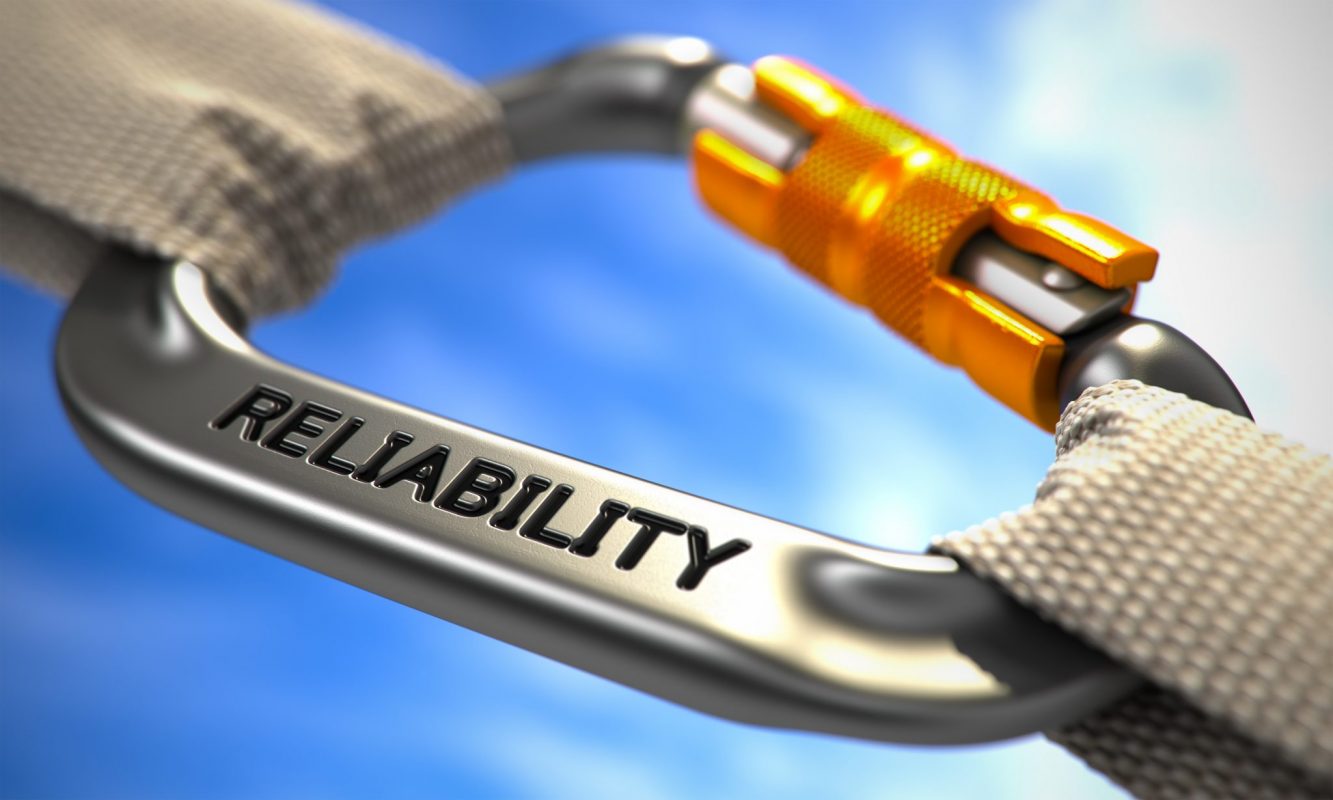The Importance Of A Reliability Culture

Industrial systems are becoming increasingly complex, the competitive environment is tougher than ever and the need for manufacturing or process operations to perform optimally has never been greater.
Reliability is a common denominator for success. Those organisations that have a strong culture of reliability across every aspect of their operation will be more likely to succeed over the long-term.
When there is an expectation of compliance to the stated principles and goals of an organisation’s culture of reliability (be it in terms of equipment/systems performance, information systems or workplace behaviours), the following are more likely to happen:
- A safe and efficient workplace
- Efficient and cost-effective running of equipment/systems
- Sound asset condition management
- Compliance with operating procedures and policies
- Compliance with organisational values, mission and strategy
There are many documented approaches which can contribute to a holistic reliability culture, including reliability-centred maintenance (RCM), Competency-based learning (CBL), asset condition management (ACM) and condition-based maintenance (CBM) all of which need to be underpinned by a sound information systems network. The outcomes of any approach is only as good as the information it receives, so a well-thought-out and appropriate enterprise asset management system (EAS) or computerised maintenance management system (CMMS) are essential.
These systems can’t stand alone, however, training and application are very important, and every person involved in the process has to understand just how crucial their contribution is to upholding the culture of reliability. It’s not a goal, a once-off target, it’s an attitude and a commitment that pervades the entire organisation, driven and motivated from the CEO down.
A key aspect of achieving an organisational-wide culture of reliability is to ensure that everyone in the organisation feels ownership for the assets – and takes ownership. This may be the cleaner who keeps the factory floor free of dirt, the technician operating the plant or the engineer testing the equipment – regardless of the nature of their responsibilities, they are equally important cogs in the wheel of reliability.
An organisation which aims for a culture of reliability has to ensure that everything aligns to that vision – including its assets. So train your staff. Respect their opinions. They’re one of the best sources of information about your assets. Give them the appropriate tools to enable them to do their job optimally. For example, an operator working on rotating machinery needs quality non-destructive testing (NDT) equipment such as laser shaft alignment systems or leak detection systems to enable them to pre-empt issues before they become costly problems and carry out thorough preventative maintenance programmes.
An organisation’s choice of third party suppliers and partners is also a critical factor in its bid for holistic reliability.
Reliable equipment is that which works for a given stipulated time period under given environmental conditions without interruptions. Say a large mining operation needed vibration analysis tools for its rotating equipment. If they partnered with a supplier who understood everything about their whole operation, not just the specifics of the testing requirements, they would get much more than just a piece of technical equipment. They’d get a tailor-made solution which fitted into their organisational goals – and importantly, a solution which contributed to their culture of reliability.
If reliability is on your organisation’s radar, talk to Nexxis. We are a leading provider of customised technical equipment solutions and have in-depth industry experience and knowledge to help companies achieve their goals. Contact us today for a no-obligation chat.
